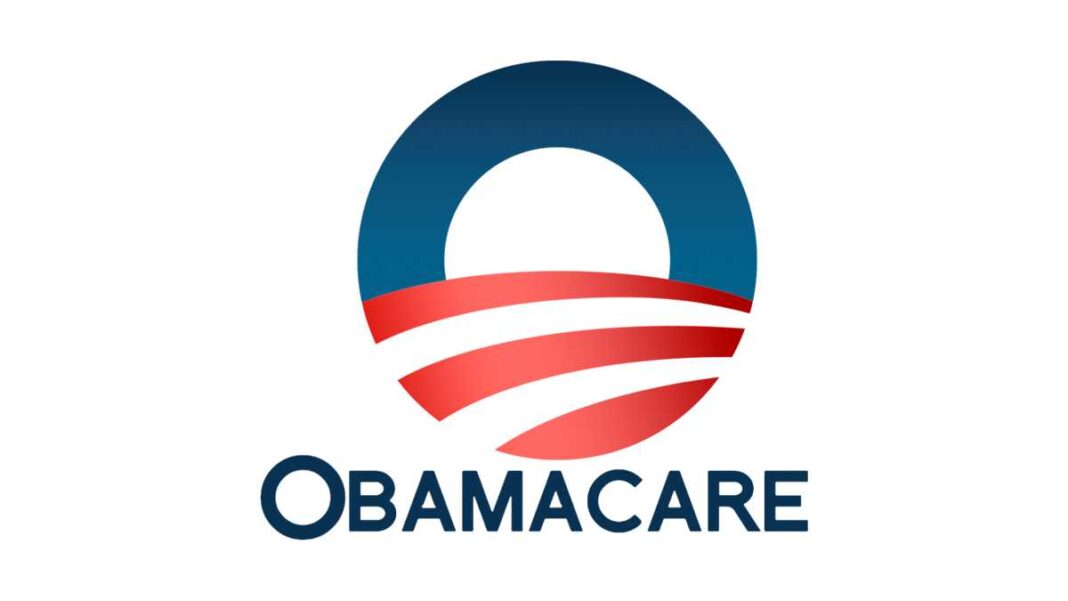The American consumer is giving up. Tapped. Out of cash.
So says Bloomberg in a recent article called “Key engines of US consumer are losing steam all at once.”
In short, consumer spending over the past year has been propped up by 3 things: incomes, savings, and debt.
All are now out of runway.
Incomes
For the past year, real incomes had been beating inflation.
This isn’t surprising since it’s how inflation works: The Fed dumps new money into assets, making rich people—and Wall Street—richer.
Then it takes years to slowly dribble down to the suckers—er, workers.
That should, in theory, mean several years of real wage growth as pay catches up to inflation. There’s a permanent loss, sure, since they’re end-of-line. But eventually, in theory, they stop falling further behind.
Unfortunately, that process appears to have been very short post-COVID. Real disposable income went from 5 percent growth in the middle of last year to just 1 percent year-on-year.
Note that’s before the collapse in job openings last week, which could slash raises to where they fall behind inflation again.
Savings and Debt
During the pandemic, Americans built up over $2 trillion in excess savings, as they stopped taking vacations or going to restaurants. Either because they were worried about their job or because we were living in a police state.
Those $2 trillion came in handy as policies from DC drove up grocery and gas prices. But he’s now used them up.
Bringing us to Bloomberg’s reason number 3: debt.
Once the savings were gone, debt was on the table, with private debt skyrocketing from car loans to student loans to credit cards. Hitting $17.5 trillion—a new record.
That’s now hitting a wall, with credit card delinquencies up 50 percent year on year.
The Frozen Consumer
Put all three together and the income catchup is over, the consumer’s out of money, and they’re so deep in debt they can’t fake it anymore.
At which point, as Bloomberg puts it, they “exercise spending restraint.”
This spending restraint starts with cars, consumer durables like washing machines, restaurants, and leisure.








